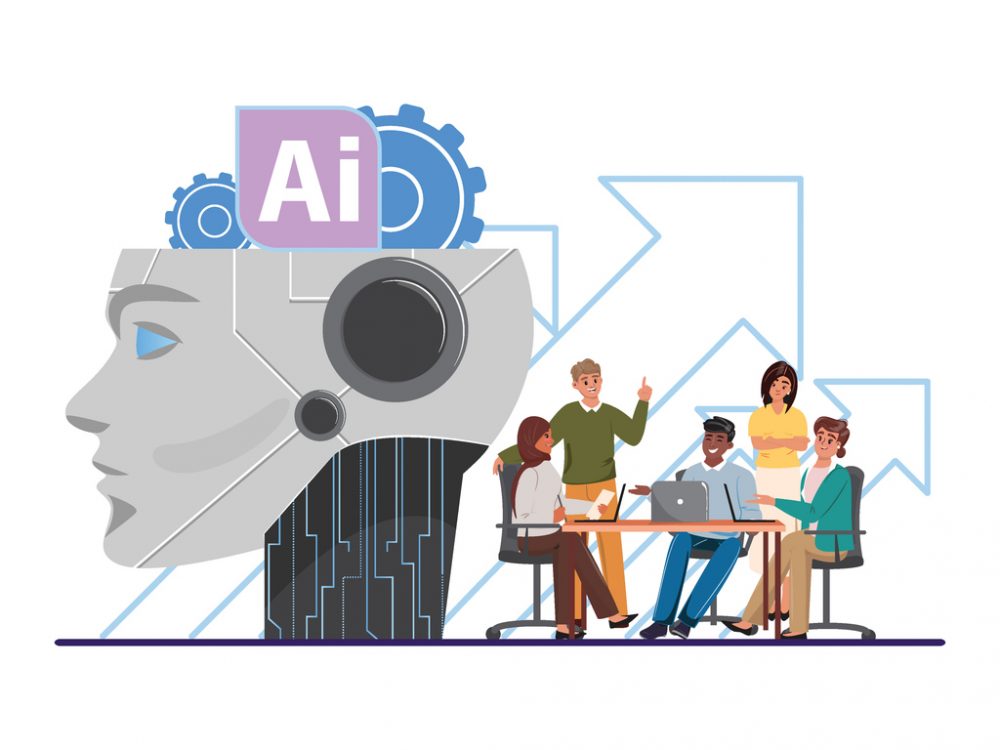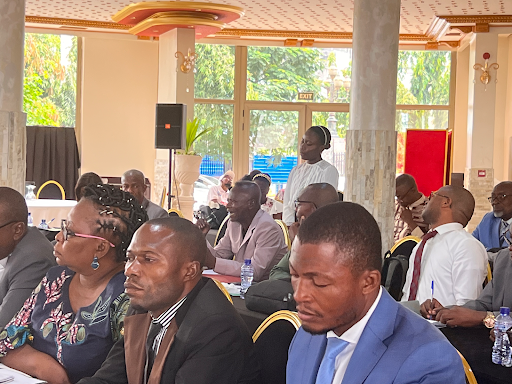Country-led Innovations in Aid Management
Over the past decade, DG has worked with 25 country partners to implement the Aid Management Program, a suite of technology (AMP) and and process solutions to support data management and aid effectiveness. The technology today looks vastly different than the platform first implemented with the Government of Ethiopia — and much of the innovation has been driven by our close collaboration with government officials themselves.
Last month, we convened our 8th annual AMP Good Practice Workshop in Dakar, to talk about “getting the word out” about aid information — and promoting the role of development data in government decision-making. At DG, we see fostering a culture of data use as a key challenge to be met by the data revolution. For the aid management community, this will require improving communication around the value of AMP tools and data – transforming AMP from the “best kept secret” of finance and planning ministries, to a resource used across government departments, development partners, and civil society.
As always, the most valuable lessons were those shared between AMP countries; Cote d’Ivoire, with support from the Prime Minister, now share monthly sector-specific reports with sectoral ministries, and Malawi has been holding district-level trainings — with chiefs, citizens, civil society, and the media — around how to understand AMP information. Following these knowledge-sharing sessions, government delegations developed specific strategies for getting the word out in their countries. For the Philippines, that will take the shape of mapping aid and budgetary data into a “results matrix”, to encourage more responsive investments; for Malawi, the goal is to work with a respected local NGO to pilot a community project verification program, with feedback broadcasted publicly over the radio.
The workshop generated inter-government dialogue, calls to action, and — most importantly — specific plans for increasing the use of development data, beyond traditional budget reporting. We look forward to cheering on our partners as they put these plans into action, and continuing to support data-driven transparency, accountability, and development effectiveness.
Share This Post
Related from our library

Beyond Kigali: Where Does Africa Go from Here with AI?
As the AI momentum builds, Development Gateway is asking different questions: where the data comes from, how reliable it is, how legacy systems will supply usable data, and whether governments have the capacity to govern and trust the AI tools they’re being urged to adopt.

How Useful Is AI for Development? Three Key Lessons
The development world is buzzing with excitement over the idea that new and emerging applications of AI can supercharge economic growth, accelerate climate change mitigation, reduce inequalities, and more. But what does this look like in real life?

Stakeholder, Where Art Thou?: Three Insights on Using Governance Structures to Foster Stakeholder Engagement
Through our Tobacco Control Data Initiative (TCDI) program and its sister program Data on Youth and Tobacco in Africa (DaYTA), we have learned that creating governance structures, such as advisory boards or steering committees, is one approach to ensuring that digital solutions appropriately meet stakeholders’ needs and foster future stakeholder engagement. In this blog, we explore three insights on how governance structures can advance buy-in with individual stakeholders while connecting them to one another.